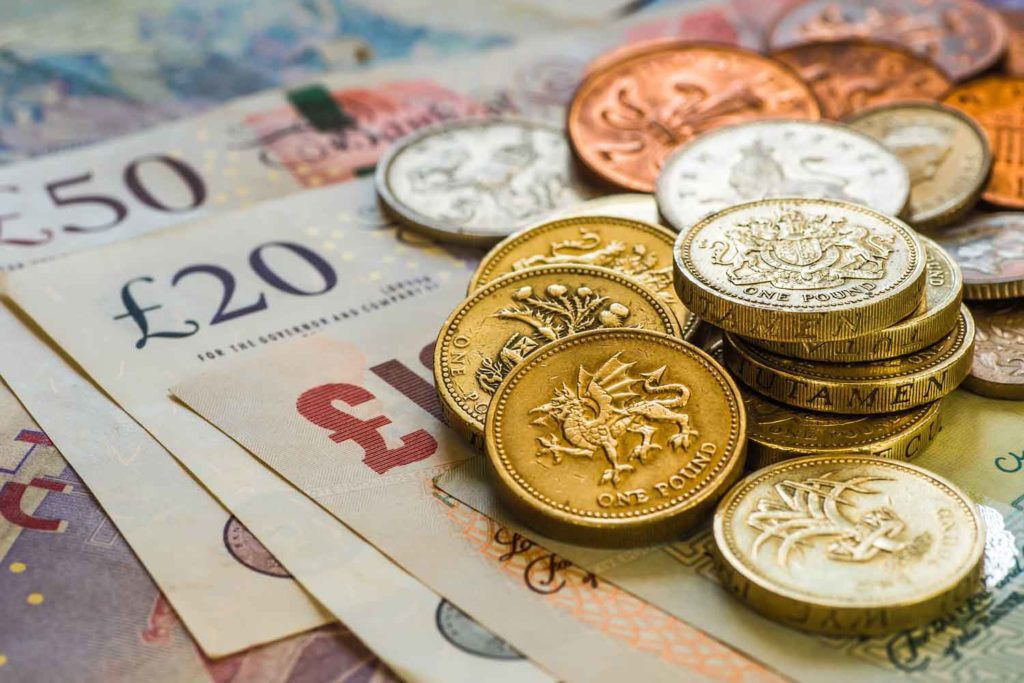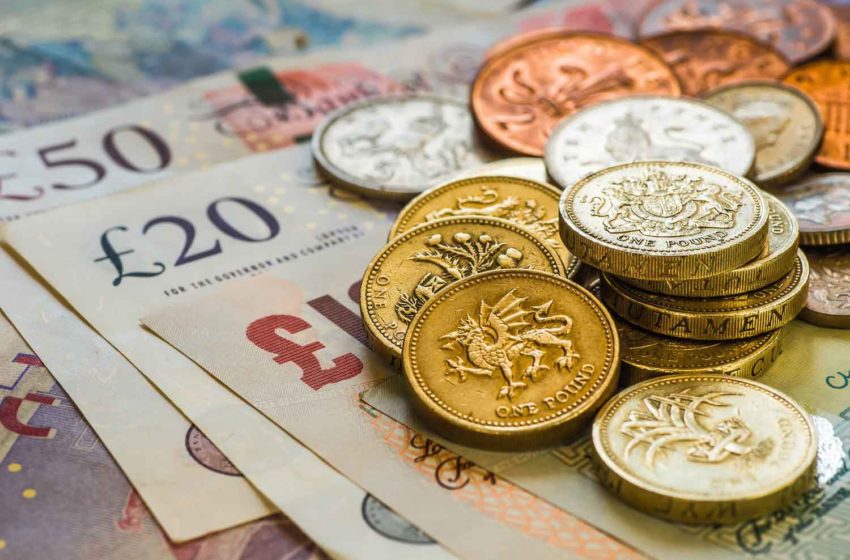
The cost of vaping and smoking will increase following tax rises announced in Chancellor Rachel Reeves’ Budget. A new tax on vapes of £2.20 ($2.85) per 10ml of e-liquid will kick in from October 2026.
That will be accompanied by an equivalent increase of £2.20 per 100 cigarettes in tobacco duty to “maintain the financial incentive to switch from tobacco to vaping.” Reeves also set out immediate above-inflation increases of 2 percent on tobacco and 10 percent for hand-rolled tobacco.
In its last Budget before losing the election, the previous Conservative government said it wanted to introduce a vaping tax and set up a consultation on the changes. The consultation said the tax aimed to make vaping “less accessible to young people and non-smokers while also raising revenue for funding vital public services like the NHS.”
It had proposed different levels of tax based on the amount of nicotine in the vaping liquid, according to media reports. However, Reeves has instead opted for a flat rate. In its analysis of responses to the vaping consultation, the government said industry representatives and some public health bodies had opposed a three-tier structure, warning it could result in unintended consequences and create complex bureaucracy.
Head of the UK Vaping Industry Association, John Dunne, called the vape tax a “nonsensical move” that penalized people who used vapes as a method to give up smoking. “Some three million adults are former smokers thanks to vaping, which is strongly evidenced as the most effective way to quit conventional cigarettes, saving the NHS millions of pounds in treating patients with smoking-related conditions,” he said.
The new Labour government had already said it wanted to stop vapes being branded to appeal to children and has announced a ban on single-use vapes, due to come into effect in England in June 2025. Ministers have also pledged to continue plans set out by former Prime Minister Rishi Sunak to ban people born in or after 2009 from buying cigarettes.

